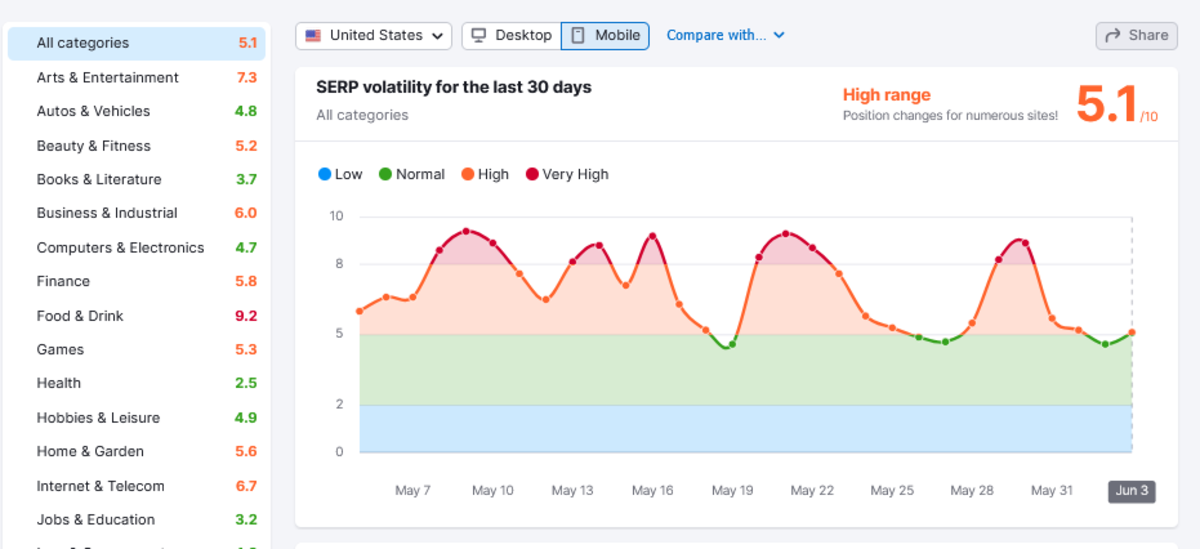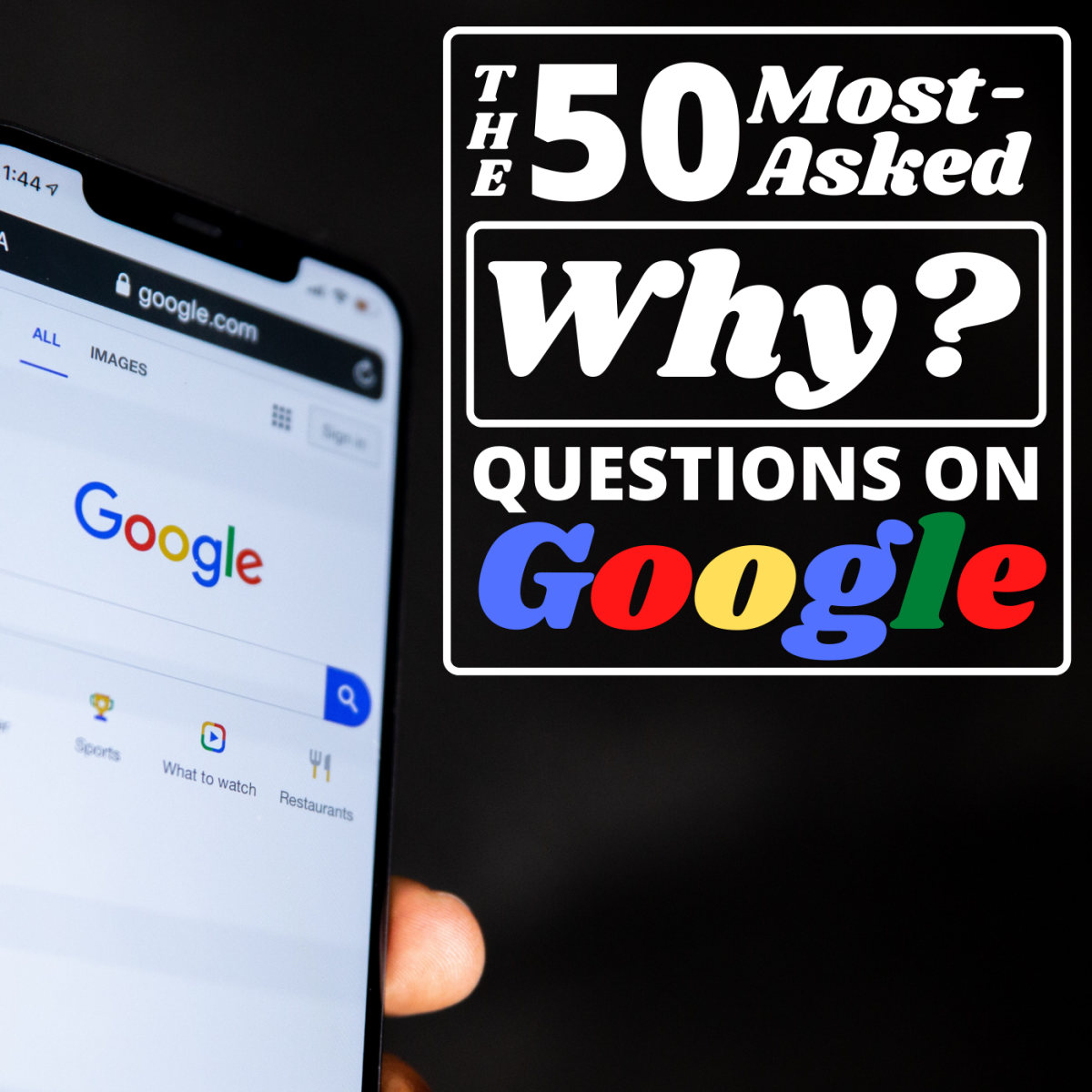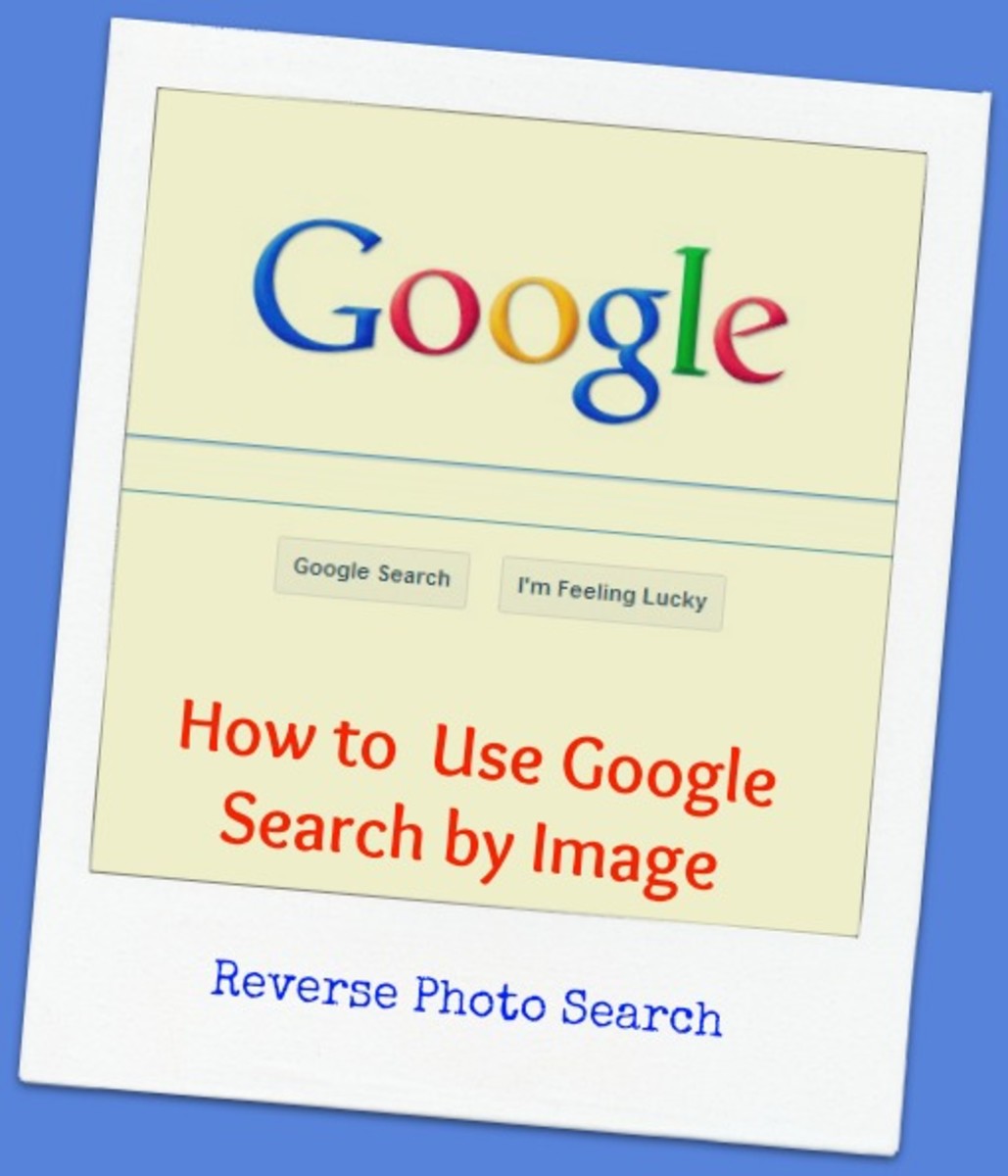- HubPages»
- Technology»
- Internet & the Web»
- Search Engines
Google's Instant Search Feature Update
New Google Instant Search
Google has rolled out a new update to its flagship search engine. Unlike previous updates like the Google May Day update, this one is not an update to the behind the scenes algorithm that ranks search results. Rather, the new Google Instant Search is an easy to notice change in the way Google handles searches.
The way Instant Search from Google.com works is that as a user types in a search query, the Google website automatically updates both the suggested searches, but also dynamically updates search results pages or SERPs, along the way. This is different from the old Google search which made suggestions for possible searches, but did not display results for searches until the user was done typing. Only after the searcher hit the Enter key or clicked the search button did Google start to display results.
This change has caused a lot of discussion in the SEO expert community, the blogging universe, the world of Web 2.0, and among those trying to make money writing online by monetizing webpages with Google AdSense and other online advertising programs and website affiliate programs.
Long-Tail Searches

How Does Instant Search Effect SEO
The most interesting complaint about Instant Search is that it makes a lot of standard SEO tactics less useful. In fact, some SEO consultants and website owners are saying that Instant Search is unfair and that it will cost them lots of money in lost revenue and lower traffic.
Is it really true that Instant Search destroys Search Engine Optimization?
The fact is that Instant Search does not change SEO strategy at all. In fact, all search results and their rankings are completely unchanged by the new Instant Search feature on Google. The same websites that rank #1 in Google for "home acne treatment" still rank #1 for "home acne treatment."
What is different, however is that there is now a chance that searchers won't actually make that search as much anymore. As a user types in their search Google is providing suggestions. It has been doing this for a while, but many users, especially non-technical users ignore them completely and just keep typing in what they were going to type into Google search, regardless of how good the other suggestions might be. But, now, the users will see actual results updating as they type in their searches and with each new character, they can see if they are getting closer to the information that they wanted, or further away. Sort of like an Internet version of the child game Hotter and Colder.
One of the tactics that SEO consultants love to push is the idea of optimizing pages and websites for what is known as the long-tail of searches. That is, search queries that do not have a lot of data directly targeted at them because they are either too specific.
Consider a user looking for a blue, canvas, cat collar. Such a pet owner might actually type blue canvas cat collar into Google. Even though a well-respected online pet store may have dozens of quality cat collars to choose from, they likely do not have a webpage for every combination possible on their website. They might have a webpage that is titled "Canvas Cat Collars" that has a place where the customer can choose their color.
However, a different website could rank much higher for the same search by having a webpage specifically titled "Blue Canvas Cat Collars" with several backlinks built to point at it with that exact phrase. Thus, the user gets a lower quality result just because someone thought to target a specific phrase. (Likely, this same website also has pages for red canvas cat collars, green canvas cat callers, and so on.)
What does not change with Instant Search is that the blue canvas cat collars webpage still ranks higher for that search. What does change is that as the user types in the search, there may come a point where the results displayed satisfy the user and they click on one of those instead of completing the query. That means that the value of having such specific webpages CAN be diminished, especially if there is plenty of good quality information that people will find before they finish typing.
Is Instant Search good for users?
Is Instant Search bad for SEO website owners?
Time will tell.








